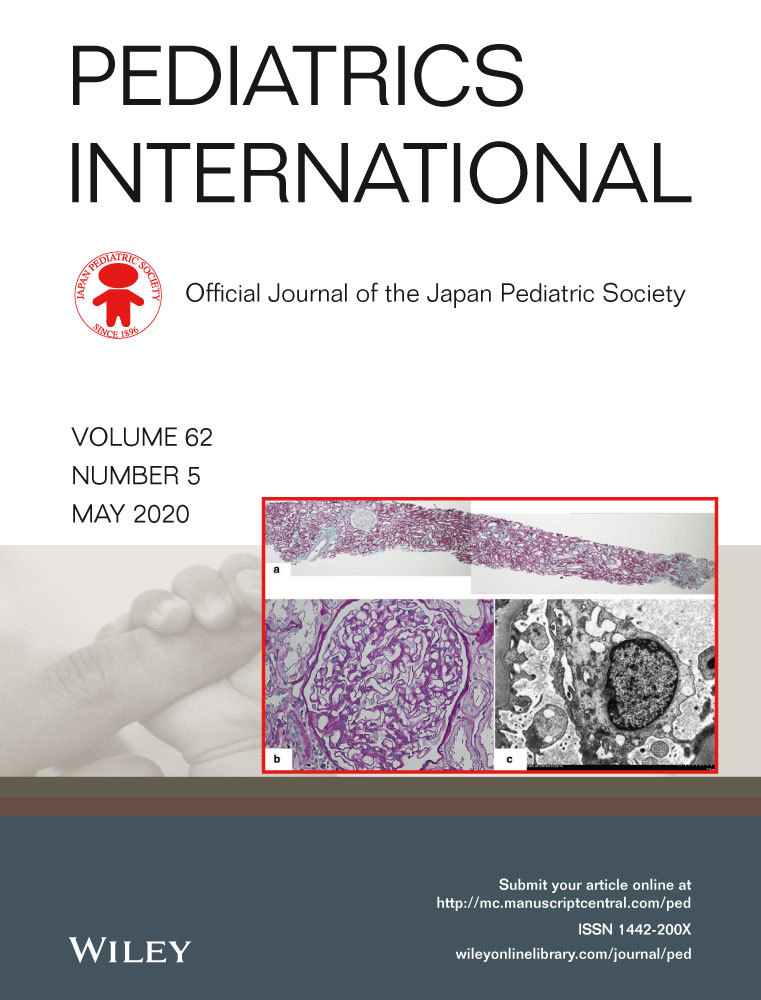Compulsory educational mental health support system in Japan
Abstract
Mental health problems among children present an important public health issue worldwide. Early detection, assessment, and support in schools might have a significant impact on mental health outcomes and child health and wellbeing. The purpose of this article is to show the mental health support system and its historical transition in Japan. In general, Japanese schools have a Yogo teacher (a school nurse) who works full time, as well as three types of mental health specialists who work part time: school counselors, advisors, and social workers. The regularity of visits from the three types of specialists depends on schools and regions. In general, school counselors visit schools more often than do other specialists, for approximately 4 h per week. The other specialists either visit the schools rarely or not at all because they are sometimes not hired. The strengths of the Japanese system included much provision of psychological consultations and a small budget compared to Western countries. Almost all school counselors are clinical psychologists with master’s degrees who are skillful at handling students’ mental problems. Moreover, they are capable of providing intensive psychological counseling in school settings in Japan. The weakness is that there is no specialist available who supports students’ academic or school life. General teachers take on the role of the Western countries’ “school counselors.” There are also few specialists who can be approached for social support compared to Western countries.
Disclosure
Our survey was not financed. The authors declare that they have no conflicts of interest.




